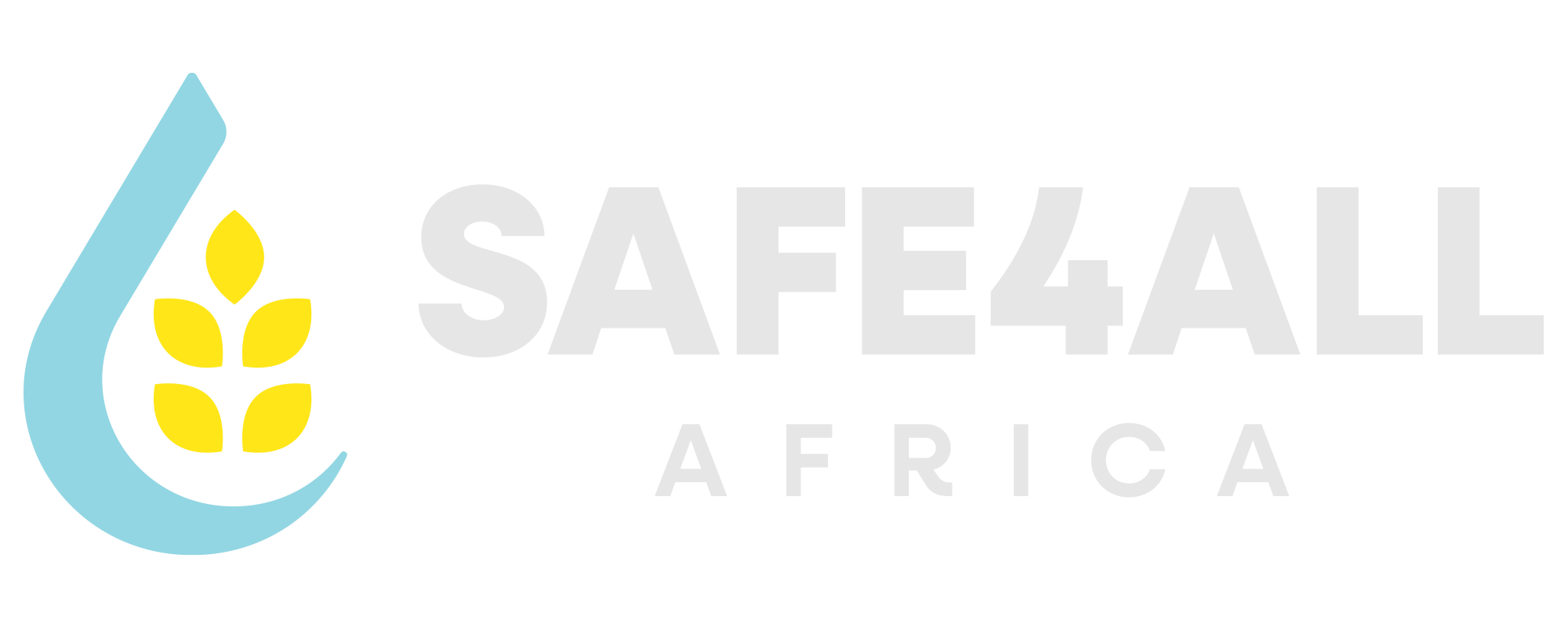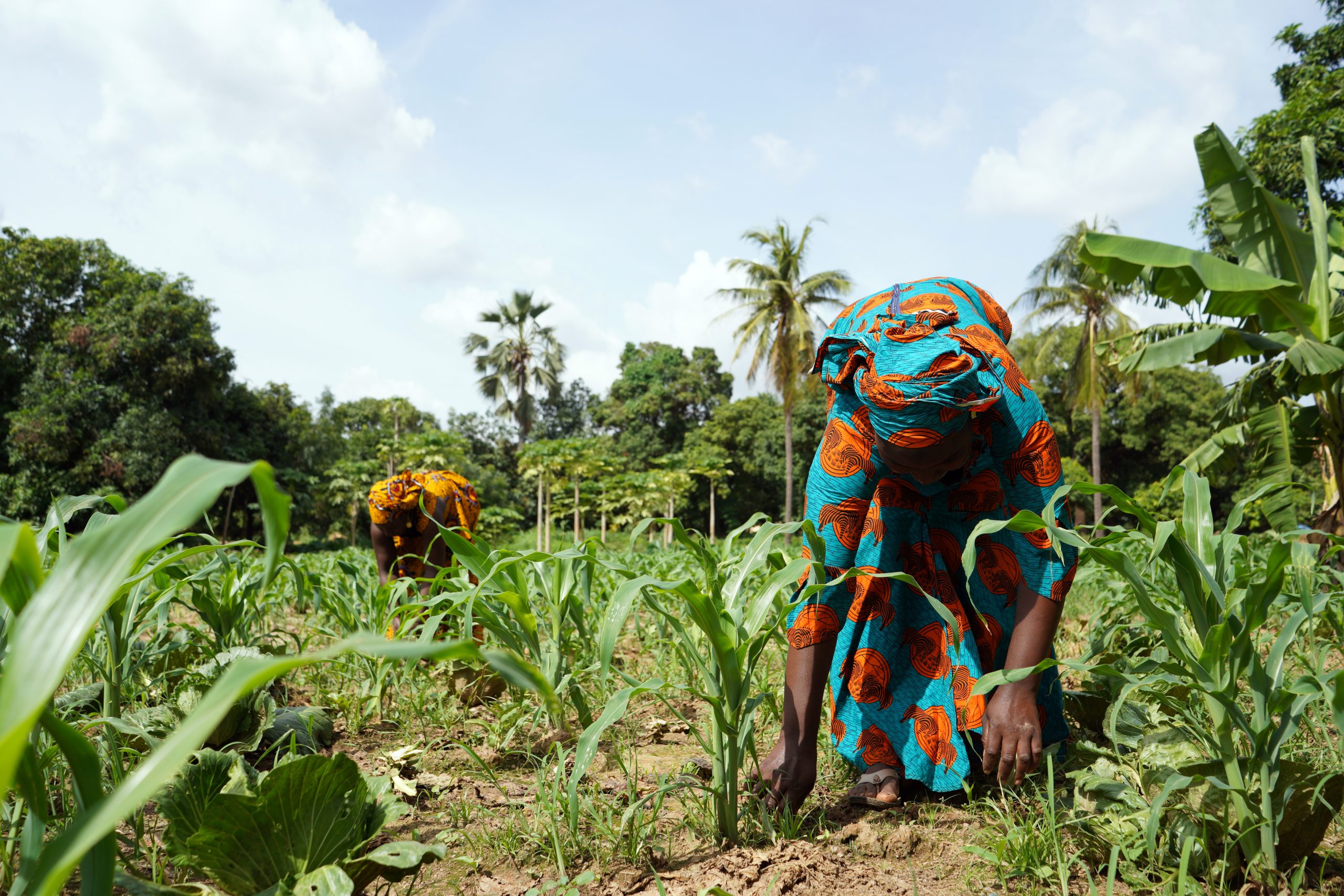
Safeguarding African Foodsheds and Ecosystems for all Actors across Local, regional and international Levels to manage migration (SAFE4ALL)
SAFE4ALL aims to harness the EU climate services landscape and leverage it with local knowledge from African case studies to co-create information and facilitate its uptake at the local to district and regional levels.
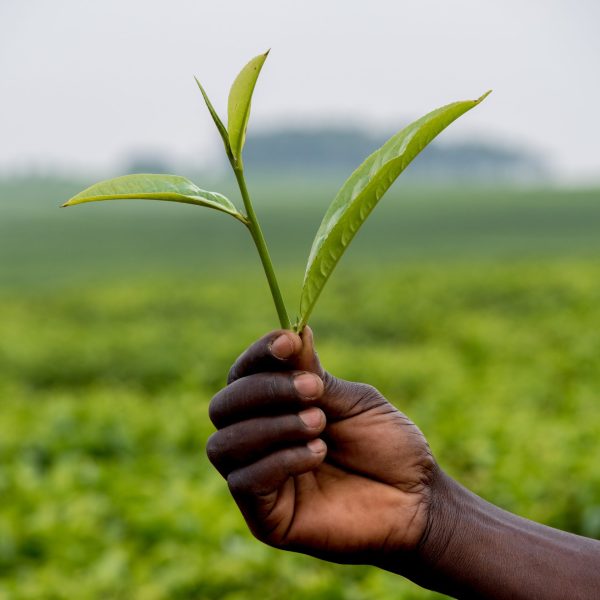
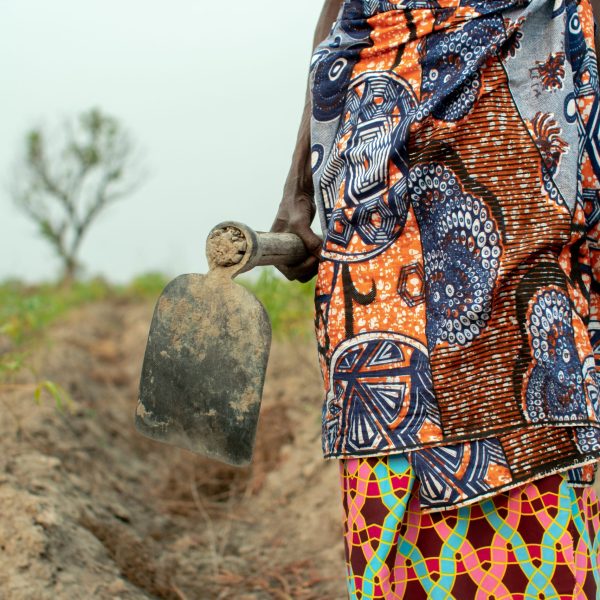
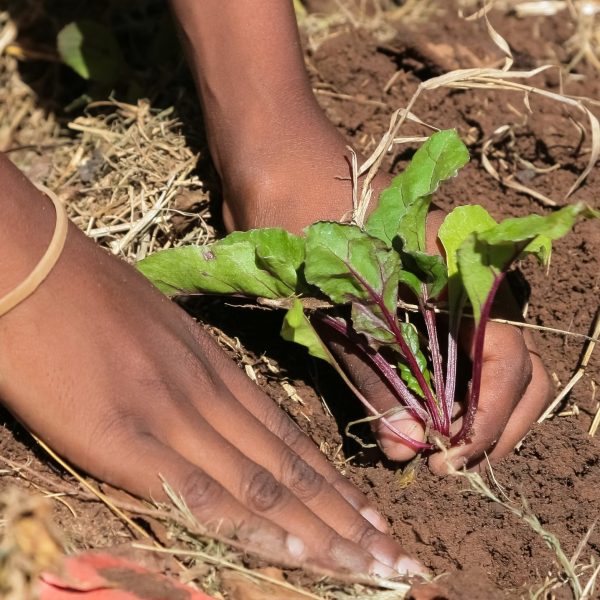
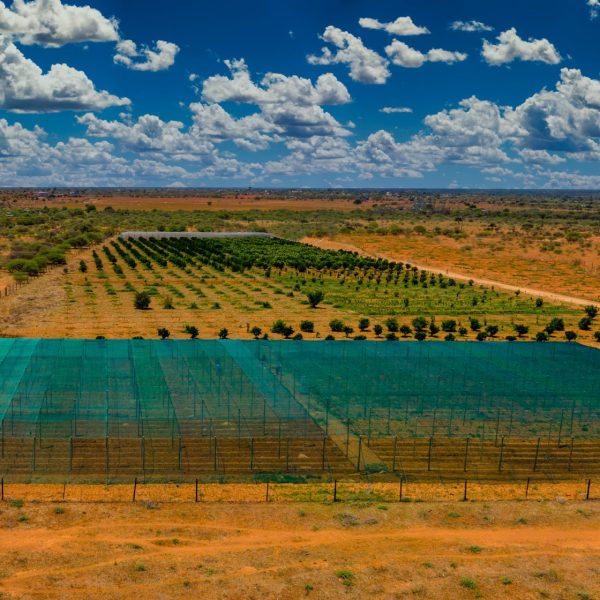
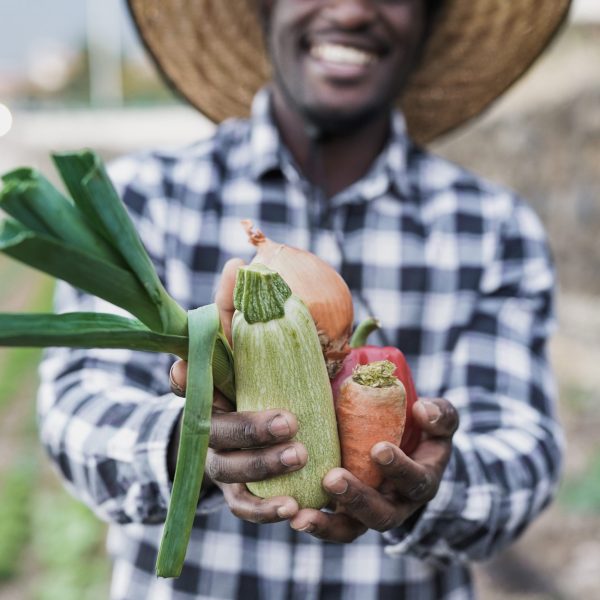
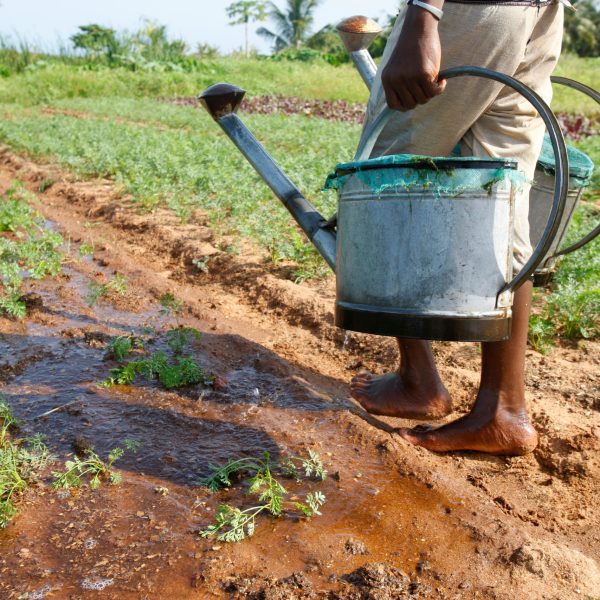
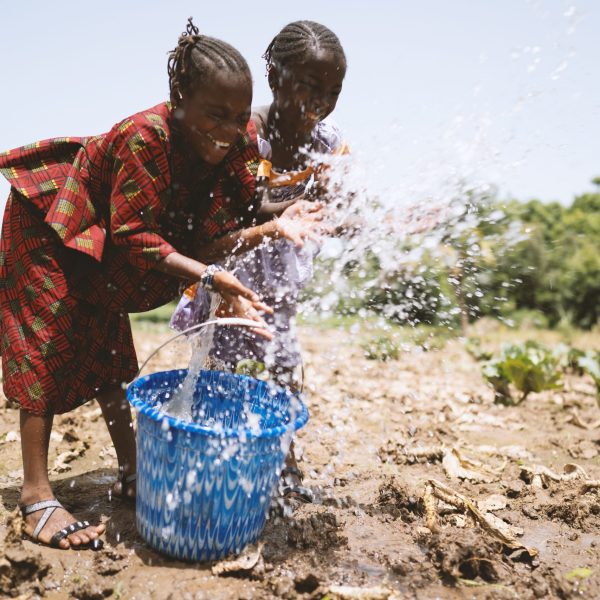
Our Objectives
SAFE4ALL aims at addressing food security, disaster management and migration issues with the prime objective to better support local and regional actors in decision-making to safeguard African foodsheds and to build resilience in communities across scales.
Concepts
Mainstreaming and accelerating climate adaptation within local community decision-making, and building climate resilient societies, requires collective action. SAFE4ALL provides research output that leads to the development of new and bundling of existing climate services through co-creation cases situated across vulnerable locations in Africa.
Some main concepts in the methodology of the SAFE4ALL project are:
1. Alignment of the development of climate services with local adaptation policy needs and requirements through co-creation cases through active and continuous stakeholder engagement in LivingLabs.
2. A holistic approach and perspective on urban-rural linkages. The foodshed concept will be used to understand how intra- and international migration patterns will affect the balance between food demand and supply for growing cities in a changing climate.
3. Improved uptake from enhanced climate services tools and making them fit for purpose and customizable, and secure post-project business models and modes for sustainable implementation.
